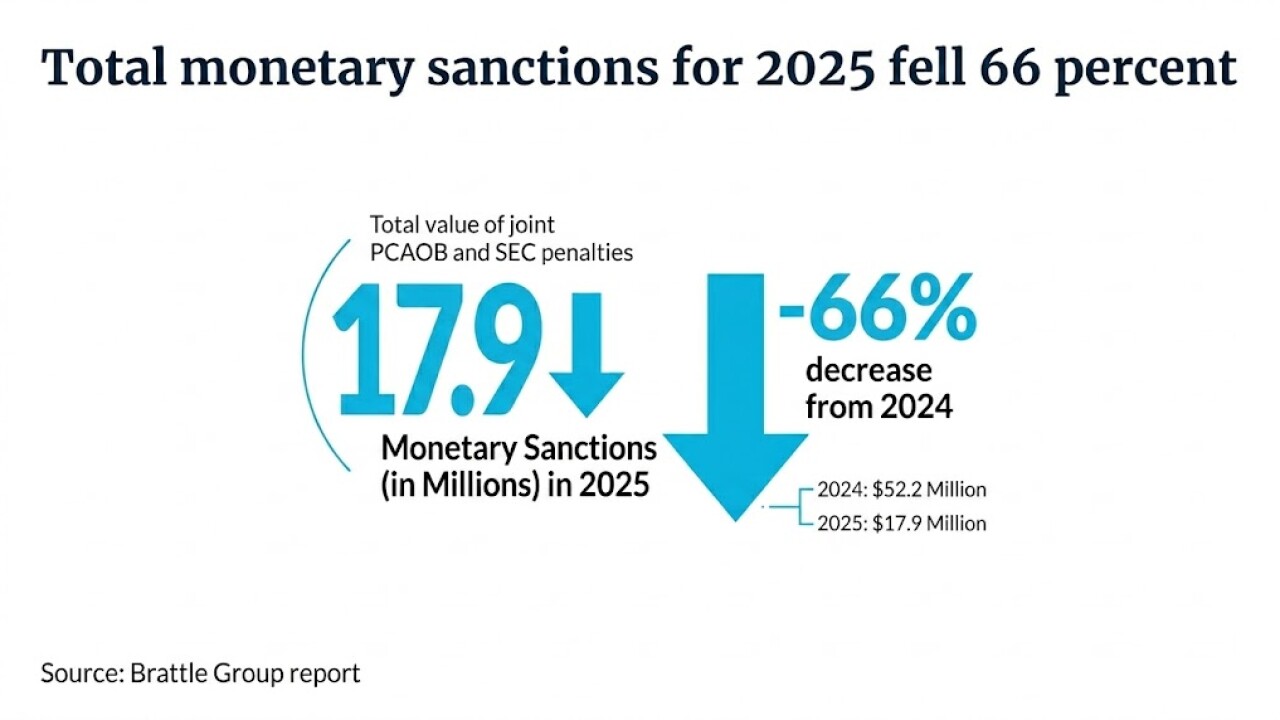The Internal Revenue Service has issued a
The question asks, “At any time during 2019, did you receive, sell, send, exchange or otherwise acquire any financial interest in any virtual currency?” It then offers the options of answering either yes or no.
The IRS said in an email to tax professionals Friday that taxpayers who file Schedule 1 to report income or adjustments to income that can’t be entered directly on Form 1040 should check the appropriate box to answer the question about virtual currency. Taxpayers don’t need to file Schedule 1 if their answer to this question is no and they don’t have to file Schedule 1 for any other purpose.

The related draft Form 1040 instructions are also now available on IRS.gov, and they include instructions to help taxpayers determine how they should answer this new question.
Earlier this week, as part of a larger effort to help taxpayers and tax professionals deal with cryptocurrencies like Bitcoin, and to enforce the tax laws in this rapidly changing area, the IRS issued two new pieces of guidance for taxpayers who engage in transactions involving virtual currency, including
The new revenue ruling deals with some common questions by taxpayers and tax practitioners regarding the tax treatment of a cryptocurrency hard fork, soft fork and airdrop. The set of FAQs explains virtual currency transactions for those who hold virtual currency as a capital asset.
The IRS said it will accept comments on the new draft Schedule 1 at WI.1040.Comments@IRS.gov for a 30-day comment period beginning Oct. 11.
The IRS added Schedule 1 to the Form 1040 last tax season as a way to shorten the main Form 1040 in line with the Tax Cuts and Jobs Act. This past tax season it had six numbered Schedules 1-6 supplementing the Form 1040, but next tax season that will be reduced to three extra numbered Schedules 1-3, in addition to the traditional lettered schedules like Schedules A, B and C.





